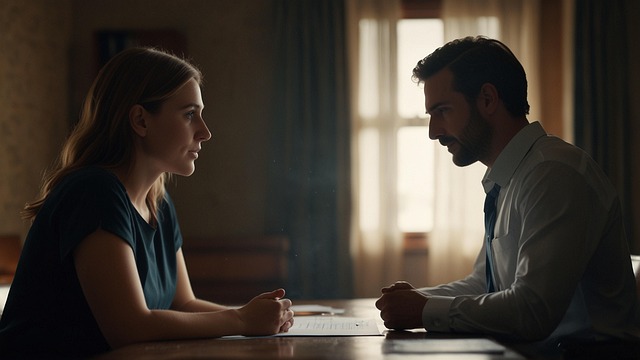In Oregon, grandparent visitation rights are governed by specific family laws designed to balance parental and grandparental interests. Grandparents can petition for visitation if they have a substantial bond with their grandchild and it serves the child's best interests, especially when parents are divorced or deceased. Navigating Oregon family law requires understanding relevant laws, procedures, documentation, and demonstrating positive impacts on both child and grandparent. Courts prioritize the child's best interests, so grandparents should seek legal counsel for mediation or litigation, crafting a compelling narrative to showcase benefits of visitation. Staying informed about recent Oregon family law changes is crucial for achieving a positive outcome.
“Grandparents play a vital role in their grandchildren’s lives, and ensuring meaningful visitation rights is essential under Oregon family law. This article provides an extensive guide on legal representation for grandparent visitation cases, catering to both rights awareness and practical navigation. We explore Oregon’s family law landscape, offering insights into the legal process, strategies for success, and considerations unique to these sensitive matters. By understanding your rights and taking a proactive approach, grandparents can foster strong bonds with their grandchildren.”
- Understanding Grandparent Visitation Rights in Oregon Family Law
- Navigating the Legal Process for Grandparent Representation
- Strategies and Considerations for Successful Grandparent Visitation Cases
Understanding Grandparent Visitation Rights in Oregon Family Law

In Oregon family law, grandparent visitation rights are governed by specific statutes that aim to balance the interests of both parents and grandparents. Grandparents in Oregon have a legal right to seek visitation with their grandchildren, provided they can demonstrate a significant relationship with the child and that it’s in the child’s best interest. The state recognizes that grandparents play a vital role in a child’s life and can offer unique support and love.
Oregon’s laws allow grandparent visitation under certain circumstances, such as when parents are divorced or deceased, and one or both grandparents wish to maintain a relationship with their grandchild. Legal representation is often crucial in these cases, as a skilled attorney can help navigate the complexities of Oregon family law, present a strong case for grandparent rights, and ensure that the best interests of both the child and the grandparents are considered.
Navigating the Legal Process for Grandparent Representation

Navigating the legal process for grandparent representation in Oregon family law can be complex and emotionally charged. Grandparents seeking visitation rights must understand the specific laws governing their situation, as well as the procedures for filing a petition with the court. This involves gathering relevant documentation, such as proof of familial relationship and any existing agreements or court orders related to custody and visitation.
Oregon’s family law courts prioritize the best interests of the child, so grandparents should be prepared to demonstrate how their involvement can positively impact the minor’s life. They must also be aware of potential obstacles, such as objections from the parent(s) with legal custody, and be ready to advocate for their rights through mediation or, if necessary, litigation. Understanding these steps and working with an experienced attorney specializing in Oregon family law can significantly enhance the chances of a favorable outcome.
Strategies and Considerations for Successful Grandparent Visitation Cases

In grandparent visitation cases under Oregon family law, a successful outcome often hinges on meticulous planning and strategic execution. One key strategy is to build a compelling narrative that highlights the positive impact of visitation on both the grandchild and the grandparent. This can involve presenting evidence of a strong pre-existing relationship, demonstrating the benefits of maintaining that connection, and addressing any concerns raised by the parents regarding the grandparent’s fitness or intentions.
Considerations for these cases also include understanding the specific laws and precedents in Oregon that govern visitation rights, navigating the emotional aspect of such disputes sensitively, and preparing thoroughly for court appearances. It is crucial to gather supporting documents, such as character references, medical records, or any relevant communication history, to bolster the case. Additionally, staying informed about recent changes in Oregon family law and leveraging legal expertise can significantly increase the chances of a favorable outcome, ensuring the best interests of both generations are served.






